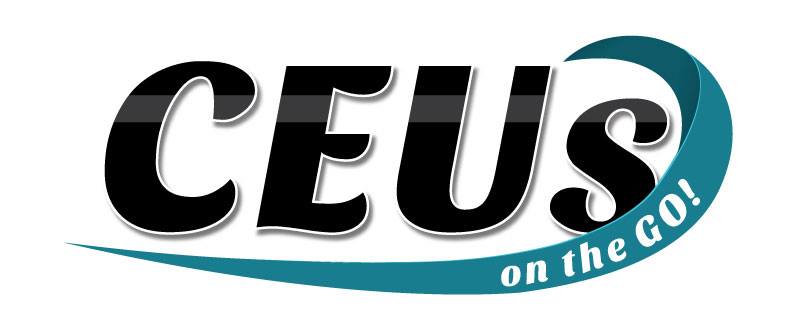CEUs: 0.2 PS
Presenter: CM Hall
Presented in: Spoken English with Captions
Format: Archived Webinar
This course is only for those approved through the EIP Grant. Only those who have been approved for this course will be eligible to receive CEUs.
“I don’t do ‘DeafBlind.'” It’s a statement interpreters actually have said when offered an opportunity to work with DeafBlind consumers. But what IS different? What is behind that statement? This workshop will address DeafBlind cultural norms, communication, support modifications and adjustments an interpreter or sighted guide would make when working with the diverse range of folks with dual sensory loss. This workshop will cover DeafBlind cultural values, environmental modifications, communication modalities, the varied types of vision loss and accommodations, and guiding and tactile interpreting techniques. Activities will include hands-on simulation and feedback.
The DeafBlind population is incredibly diverse. The largest variables in determining success for anyone is their access to resources (language, transportation, support service providers), power (education, leadership, lobbying) and privilege. It is important to identify and recognize our role as (mostly) hearing and sighted interpreters and Support Service Providers and our access to power and privilege—and how we may unintentionally behave in an audist way, or shift the balance of power. This workshop will also illustrate the role of ally when working in a team with with Deaf or hearing interpreters and DeafBlind individuals.
Educational Objectives:
- Participants will be able to explain five key cultural differences and values in the DeafBlind community
- Participants will be able to identify five environmental modifications for DeafBlind individuals.
- Participants will be able to illustrate five expressive communication modalities.
- Participants will be able to outline the various types of vision loss and key accommodations and modifications for each.
CEUs on the GO is an Approved RID CMP Sponsor for continuing education activities. This PS program is offered for 0.2 CEUs at the “Little/None” Content Knowledge Level.
